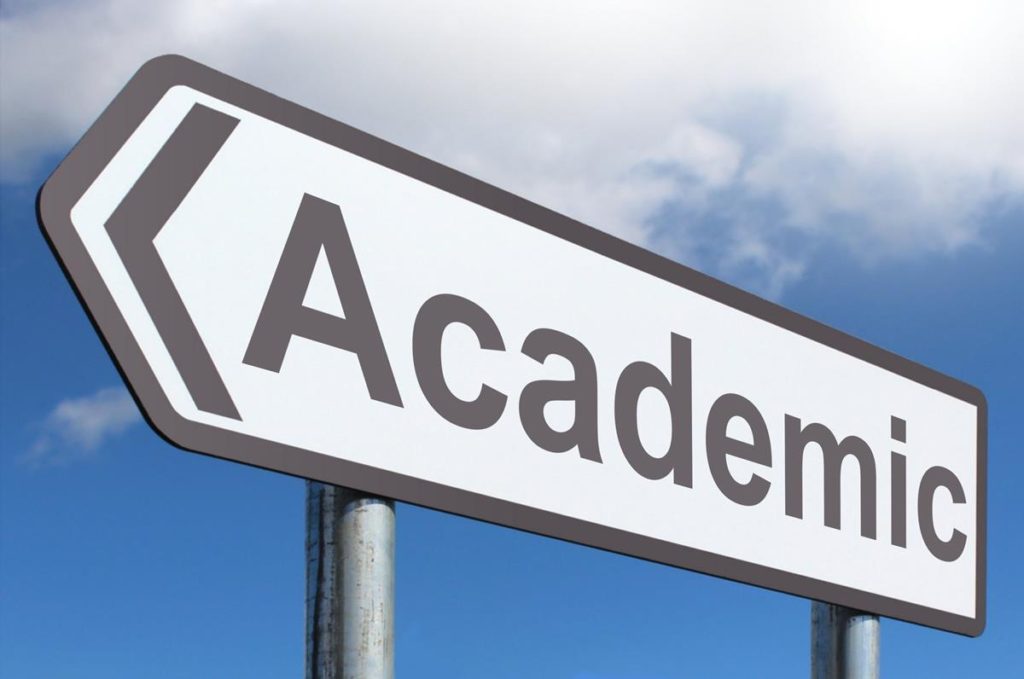I’m rather the odd one out in the SHaME project – a TV Producer/Director who has never worked in academia, and would break out in a cold sweat if asked to properly reference a journal article… So when Joanna Bourke, the Principal Investigator for this Wellcome Trust-funded project, approached me about collaborating on a potential project, I was intrigued, but rather daunted. After hearing what an exciting and fascinating project it promised to be, I signed up immediately, discussed what we might be able to achieve in terms of a documentary film, and then thought little more about it for many months.
But then, of course, Joanna did manage to persuade the Wellcome to fund her, and a team of frighteningly talented historians, engagement gurus and an ethnographer (to be honest I wasn’t exactly sure what one of those was…), as well as me, a film-maker. I arrived to our first few meetings with a bad case of ‘Imposter Syndrome’; feeling hopelessly inadequate, and hoping they might take pity on a simple layman unversed in the nuances of academic life and research.
Most of my previous dealings with academics have been me trying to cajole, charm or coax them in their role as presenters. I am used to encouraging academics to remember their lines and not walk into lamp posts while delivering their ‘Pieces to Camera’ (PTC’s in TV lingo). I have spent more time than I care to imagine in darkened studios, willing them to condense some incredibly complex idea into a pithy, TV friendly, soundbite.

So in various meeting rooms at Birkbeck I felt like I was in a foreign land; trying to understand this peculiar tribe’s own distinct language, customs and etiquette, as well as trying to grasp what fascinating work they have all been immersed in, and will now be furthering under the auspices of SH+ME. I was enthralled. Each team member is working on such powerful, important and sensitive projects, and over the past 10 months everyone’s work seems to have become even more relevant in the age of #MeToo and the near constant revelations of historic abuse cases.
Being surrounded by people involved in such focused and in-depth study was pretty intimidating to someone who has spent their working life as a professional dilettante. In TV we work on a project for a few days, weeks, perhaps months, immersing ourselves fully in a subject, only to then move on to the next thing, which might have no connection, in any shape or form, to our previous project. I was impressed at the dedication needed to spend weeks, and even months in the archives, the library or interviewing people looking for the vital nuggets of evidence to support an idea or thesis.
But having now got to know the team a little better, I’m far from intimidated. Everyone is incredibly warm, supportive and collaborative, and it’s clear that at the heart of what all my academic colleagues, and I, do is at its most basic essentially the same. We try to tell human stories that will inform and engage with other people. We all aim to promote better understanding of the world. Sometime soon I will be focusing on what our SH+ME documentary project should explore, and I can only hope it will be, in some small way, as thought provoking and powerful as the work the team have already begun to create.